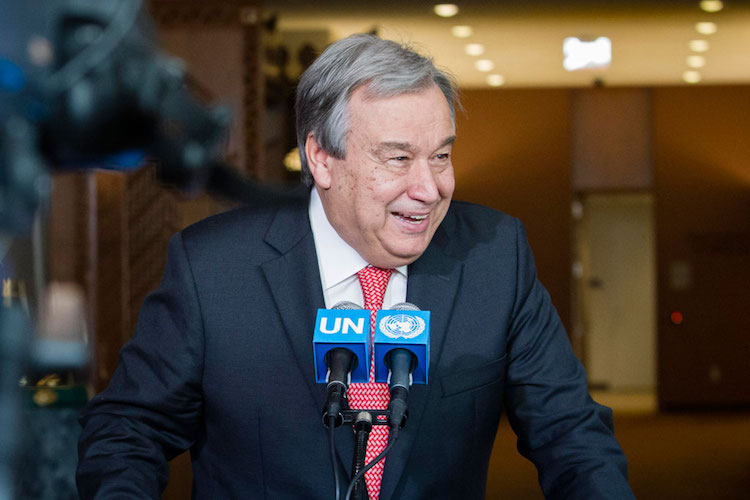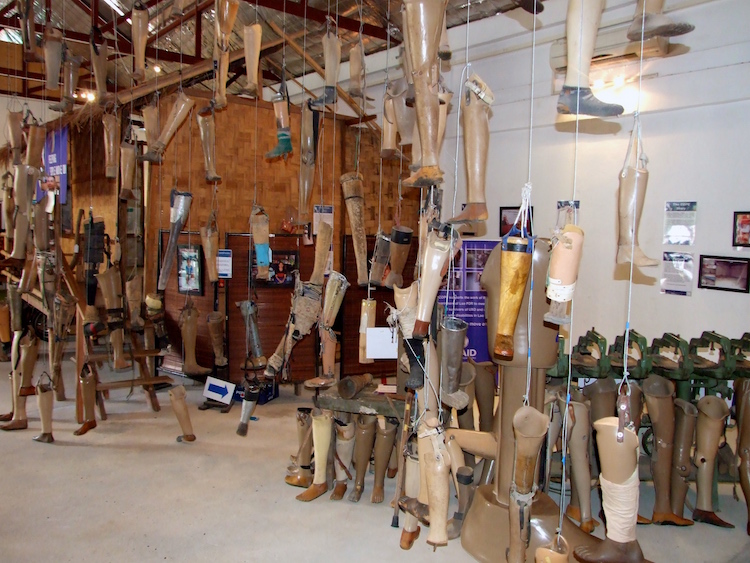By J Nastranis
NEW YORK (IDN) – Though there are more than two months to go before António Guterres takes over as the United Nations Secretary-General from Ban Ki-moon, he has started preparing himself for the world’s most challenging job.
One day after the 193-member General Assembly appointed him on October 13 as the new Secretary-General for a five-year period, ending December 31, 2021, he has announced the composition of a transition team to prepare for the world’s top diplomatic job.
According to a press release, issued by the UN Spokesperson’s office, the Transition Team will interact with UN officials, Member States and civil society to ensure an informed and smooth transition. The five-member team – three women and two men – comprises nationals of the Republic of Korea (ROK), USA, Jamaica, Portugal and Tunisia.

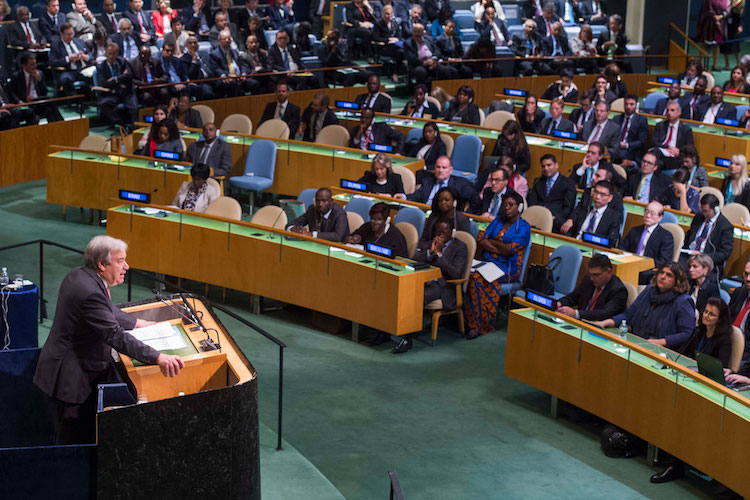
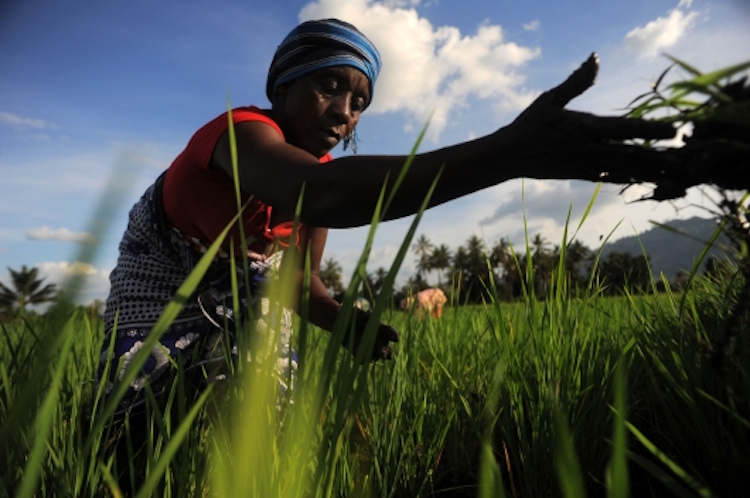
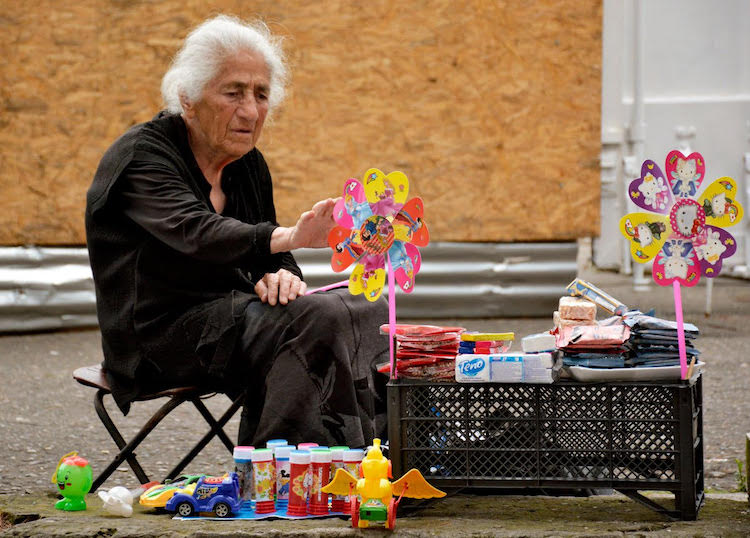
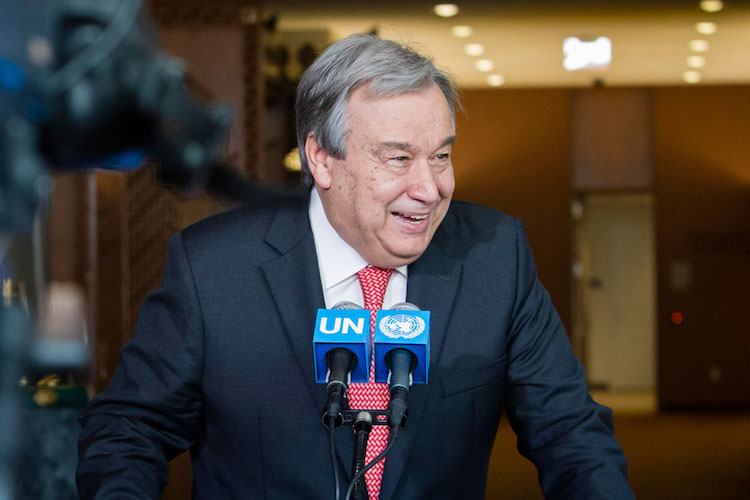
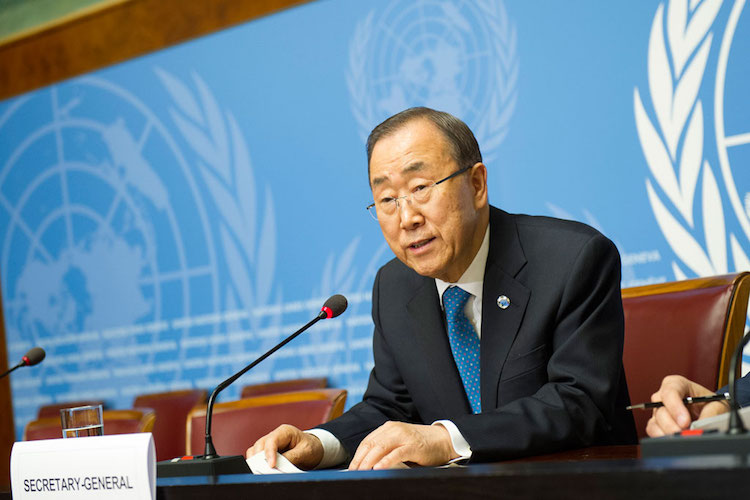

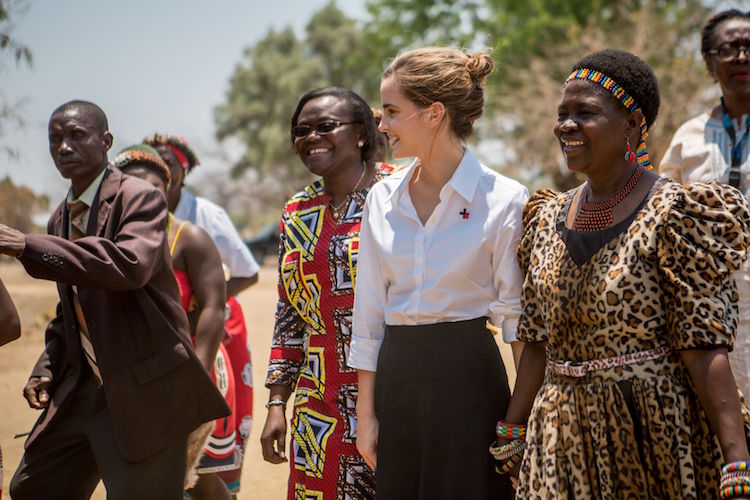
 NEW YORK | LILONGWE (IDN |
NEW YORK | LILONGWE (IDN | 
